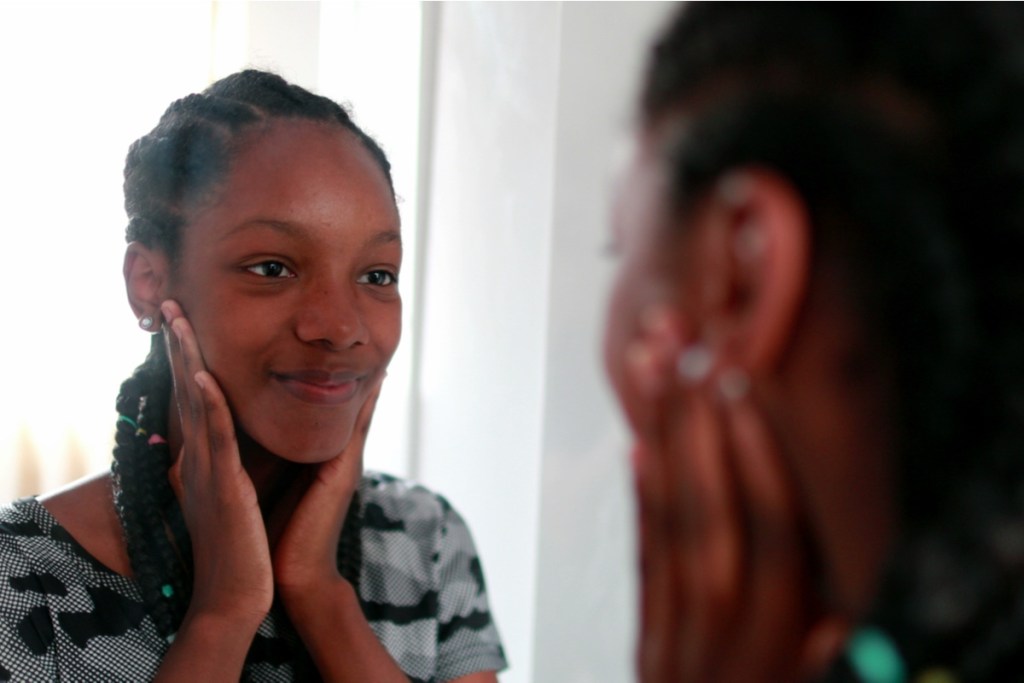
There’s no way around it: humans are social creatures. It’s important to have independence and the confidence to not let the opinions of others define us, but at the same time, a need for belonging is hard-wired in our brains going back to our days when strength in numbers could literally mean the difference between life and death.
That must be why it’s so painful and frustrating to feel as if you’re being left out by your friends. If it’s any comfort, you’re not the first person to experience these feelings, and you’re far from the last. On a practical level, this means the issue is well-understood by experts, and while no one (including you) can wave a magic wand and make the issue go away, there are some strategies and techniques you can use to help you process and respond to the problem.
Don’t jump to conclusions
Before going any further, retrace your steps. Are you certain you’re not inadvertently giving the issue more power than it deserves?
Remember that everyone has their own internal monologues. It’s entirely possible that someone simply forgot to call or text you, or that a certain activity or event wasn’t a good fit for you for some reason, and that you’ll be included next time around.
To put it another way, was this an isolated incident or part of a larger pattern? Has this been happening for a week or a month? Was it an activity in which you normally participate, or is it something outside your typical sphere?
Answering these questions can give you clarity on the situation, and can even reassure you that it’s not as big of a problem as it might have seemed.

Process your emotions
No matter the situation, your feelings about it are real. But here’s the good news: even if you are being left out, you have total control over how it makes you feel and how you might deal with those feelings.
Again, be honest with yourself. Think about what you might have done to be left out, and why it’s triggering you.
No matter your feelings, you can help process and resolve them — and better manage the anxiety they might create — with one or more of these basic techniques. All are available to you at no or minimal cost and can be done any time.
- Meditating
- Deep breathing
- Keeping a journal
- Taking a long walk
- Taking a break from your daily activities
Communicate
You’re fairly certain that a pattern of exclusion exists, and you’ve managed to process or understand your feelings in a healthy way. Now you may be ready to approach one or more of the people you believe are excluding you to ask for an explanation or even inclusion in the next event.
But as you may be aware, there’s a right way and a wrong way to go about this.
Be diplomatic (and careful)
Don’t go into communication guns-a-blazing, ready to point fingers and take names. This is in the same vein as jumping to conclusions, and similarly, it is definitely something to avoid. Find someone within the group that you trust, and invite them to a friendly exchange, or initiate a collegial text thread.
Instead of placing blame, ask questions about the situation. Are they aware you’ve been excluded? Is there something you’ve done to cause that action? Could you be included in the next get-together? And don’t just wait for your chance to ask the next question. Listen to what your friend or friends have to say and adjust your mindset accordingly.
Although it’s important to be open-minded, remember also that you are a human being worthy of respect and love. Ask questions, be diplomatic, and be ready to hear something about yourself that may make you uncomfortable.

Respect yourself
The simple truth is that sometimes people are excluded for reasons beyond their control, such as an irreparable rift in a relationship or a misguided perception from another party within a group. If that’s the case and the relationship is beyond repair, be prepared to move on, or to at least reduce the importance this group has in your life.
It can be difficult, but it’s entirely possible to find new people who share a common interest or who better fit with your personality or values.
Perhaps the biggest display of self-respect is taking a hard look in the mirror and figuring out if there’s something in your own life that needs to change in order for you to create and maintain healthy relationships. It takes courage to assess yourself with total honesty, but it absolutely can lead to a better you — and better, more fulfilling relationships.
Being left out feels terrible and can lead to the sense that the slight must be confronted immediately. But this isn’t necessarily the case. Take your time and allow yourself to learn more about the situation before you take matters into your own hands.
No matter the outcome, don’t forget that you are a human being with value in the world, and that value isn’t determined by the actions of others.
BlissMark provides information regarding health, wellness, and beauty. The information within this article is not intended to be medical advice. Before starting any diet or exercise routine, consult your physician. If you don’t have a primary care physician, the United States Health & Human Services department has a free online tool that can help you locate a clinic in your area. We are not medical professionals, have not verified or vetted any programs, and in no way intend our content to be anything more than informative and inspiring.




